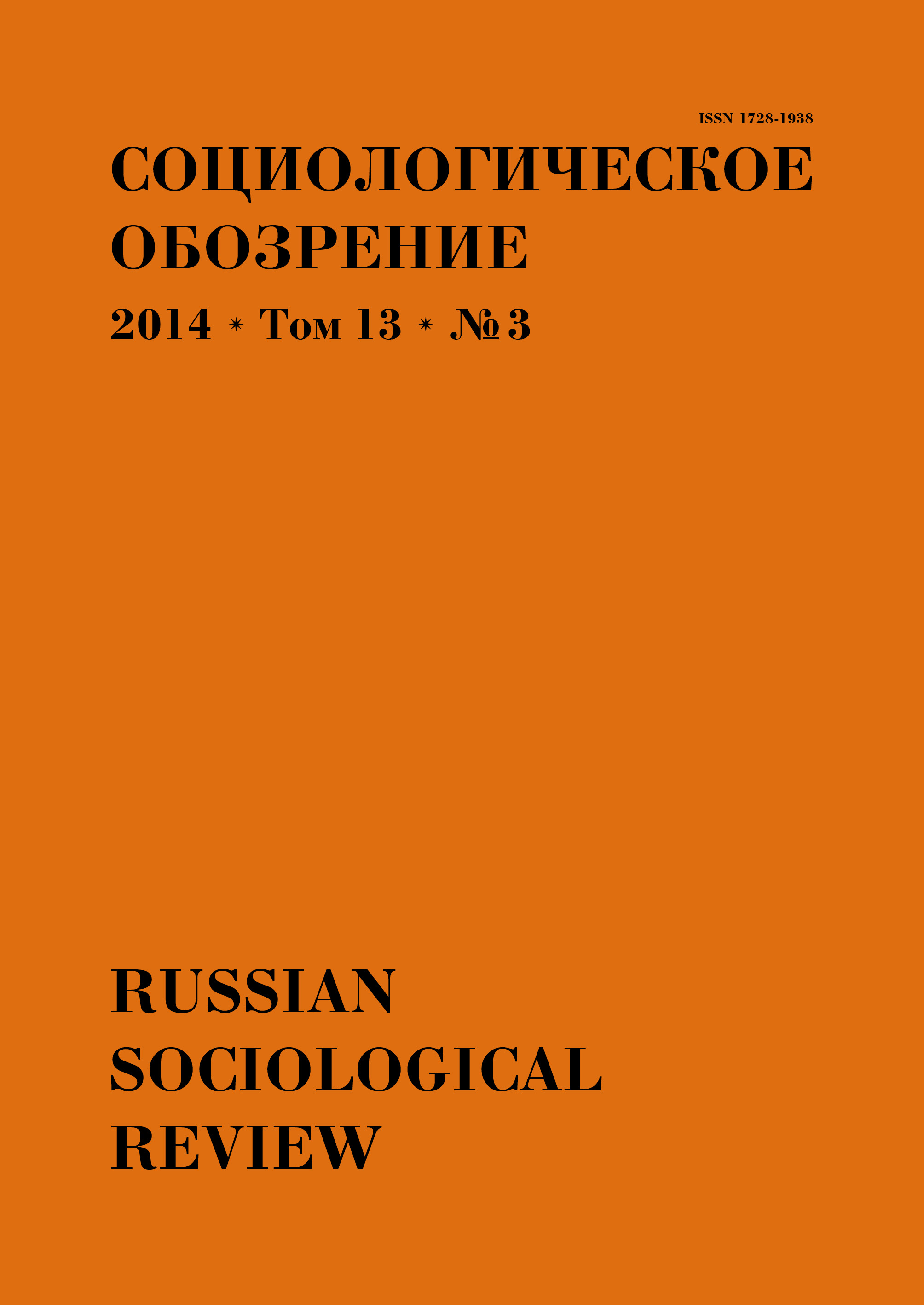Abstract
The article offers an extended analysis of a research program outlined by Michel Foucault in his lectures at the Collège de France during the close of the 1970s. This program was focused on the society that was influenced by the practices of the absolutist state within the framework of a specific “governmentality” discourse. The introduction puts forward the basic problem of insufficient interest displayed by sociology towards particular historical forms in which the state monopoly on violence was realized. The first part of the article considers the “immanent” theory of power introduced by Foucault. The core of this theory relies on his thesis that relations between domination and subjugation pervade the entire social fabric, and results in the microphysical dimension of power coming out on top in social and political analysis. The central part of the article proposes a reconstruction of Michel Foucault’s views on such discursive phenomena of Modernity as the police, the science of policing and the police state (Polizeistaat). The article concludes with the declaration of the huge heuristic potential of concepts elaborated by Foucault in his analysis of power techniques in early Modern times for the general theory of Modernity and for the historical and sociological reconstruction of Russian imperial modernization in 18th to the 20th centuries as well, including the efforts taken by Peter I and Catherine the Great to use the police as a tool to govern Russia’s lagging westernization.
